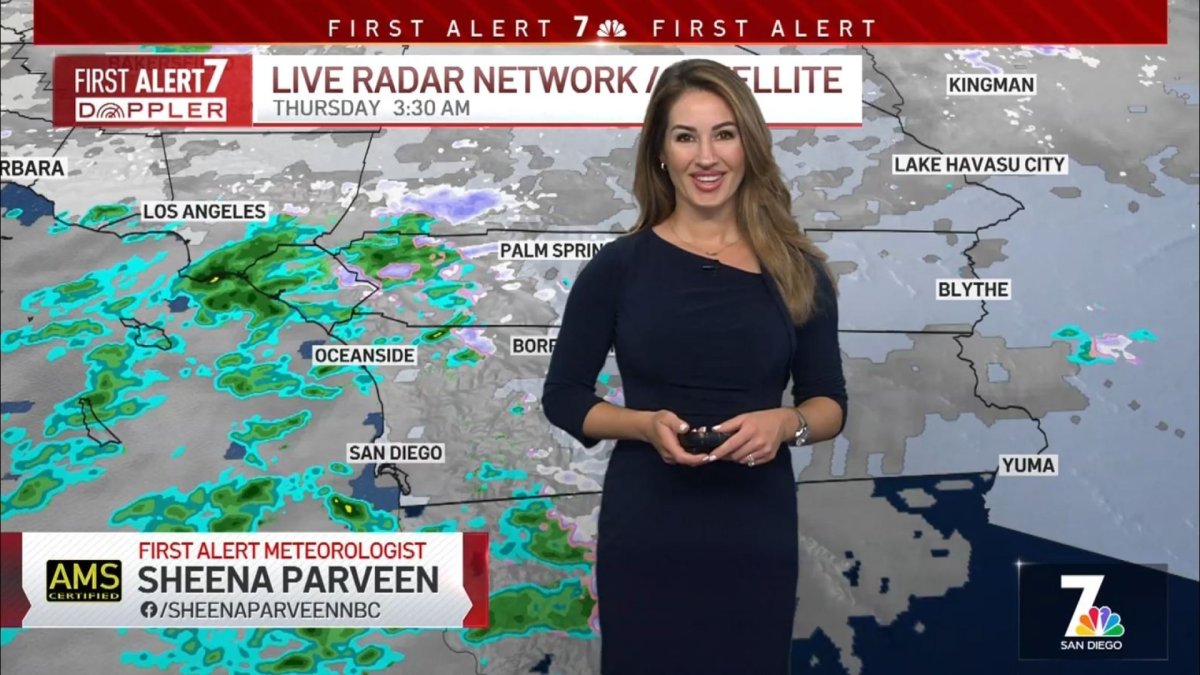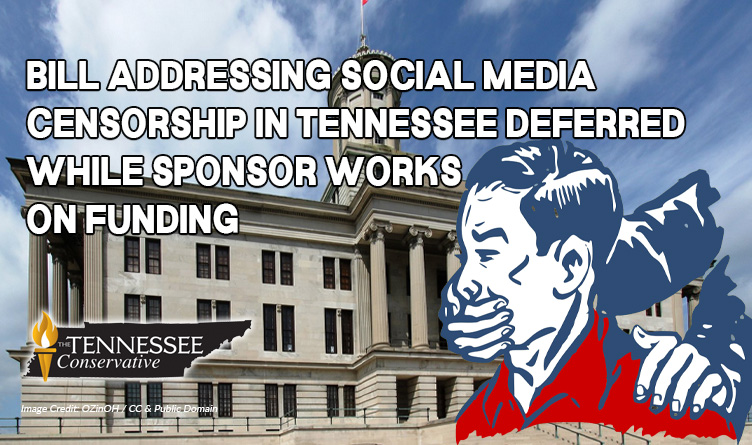March Rains Fail To Fully Address Water Shortage

Table of Contents
Insufficient Rainfall and Reservoir Levels
The March rains, while welcome, were significantly below average for the region. While some areas saw localized heavy downpours, the overall rainfall was insufficient to alleviate the persistent drought conditions. The impact on reservoir levels is stark:
- Reservoir X: 35% capacity (down from 50% last year, a 15% decrease). This reservoir typically supplies drinking water to the city of Oakhaven.
- Reservoir Y: 20% capacity (critical levels). This reservoir is crucial for agricultural irrigation in the surrounding farming communities.
- Reservoir Z: 40% capacity (a slight increase from 35% last month, but still significantly below the historical average for this time of year).
Furthermore, groundwater depletion continues to be a major concern. Recent readings indicate that groundwater levels remain critically low in many areas, impacting both municipal water supplies and private wells. The reduced rainfall has exacerbated the existing agricultural water shortage, threatening crop yields and livestock production across the region.
Ongoing Restrictions and Conservation Efforts
In response to the severe water shortage, many areas have implemented strict water restrictions. These include:
- Mandatory water restrictions: Odd/even day watering schedules are in effect for most residential areas. Businesses face even stricter limitations on water usage.
- Fines for excessive water usage: Significant penalties are imposed for violations of the water restrictions.
- Public education programs on water conservation: Local governments are actively promoting water-saving techniques through public service announcements, workshops, and online resources.
While these water conservation measures are vital, their effectiveness remains limited in the face of the ongoing drought. The long-term impact on water supplies requires a more comprehensive and sustained approach to drought management.
Long-Term Impacts of the Water Shortage
The prolonged water shortage poses significant long-term risks:
- Crop failures and reduced agricultural yields: Farmers are facing substantial losses, leading to potential food shortages and increased food prices.
- Increased food prices: Reduced agricultural output directly impacts food availability and affordability, disproportionately affecting low-income communities.
- Business closures due to water restrictions: Industries heavily reliant on water, such as manufacturing and agriculture, face operational challenges and potential closures.
- Environmental damage: River and stream flows are significantly reduced, impacting aquatic ecosystems and increasing the risk of wildfires.
The Need for Sustainable Water Solutions
Addressing the ongoing water shortage demands immediate and long-term action. Investing in sustainable water solutions is critical:
- Rainwater harvesting: Implementing systems to collect and store rainwater for non-potable uses.
- Water recycling: Developing and expanding wastewater treatment and recycling infrastructure.
- Improved irrigation techniques: Promoting efficient irrigation methods in agriculture to reduce water consumption.
Both government initiatives and individual responsibility are crucial. Governments must invest in infrastructure, enforce regulations, and fund research into innovative water technologies. Individuals must adopt water-wise practices in their daily lives.
Conclusion
While March rains offered some temporary relief, the water shortage remains a critical issue with significant long-term consequences. The insufficient rainfall underscores the urgent need for proactive and sustainable water management strategies. We must address this ongoing water shortage through comprehensive water conservation efforts, investment in sustainable water solutions, and responsible water usage. Let's work together to ensure water security for future generations. Learn more about how you can contribute to solving the water shortage in your community and help build a more resilient water future.

Featured Posts
-
 Paris Neighborhoods Your Essential Guide To The Best Areas
May 30, 2025
Paris Neighborhoods Your Essential Guide To The Best Areas
May 30, 2025 -
 Noticias Ticketmaster Incidencia Reportada El 8 De Abril
May 30, 2025
Noticias Ticketmaster Incidencia Reportada El 8 De Abril
May 30, 2025 -
 Four Days Of Sunshine San Diego Weather Forecast
May 30, 2025
Four Days Of Sunshine San Diego Weather Forecast
May 30, 2025 -
 Hezbollahs Weakening Grip Lebanons Successes With Israeli Intelligence Support
May 30, 2025
Hezbollahs Weakening Grip Lebanons Successes With Israeli Intelligence Support
May 30, 2025 -
 Us Visa Policy Update Addressing Concerns About Social Media Censorship
May 30, 2025
Us Visa Policy Update Addressing Concerns About Social Media Censorship
May 30, 2025
